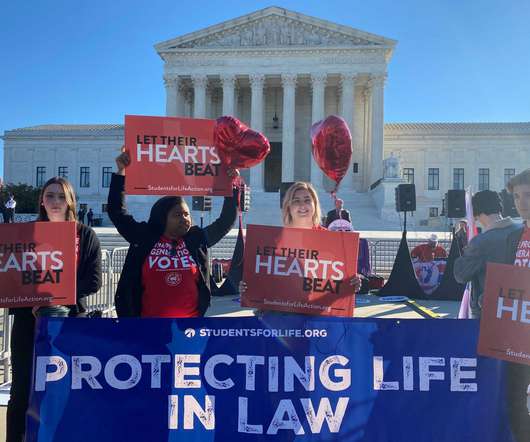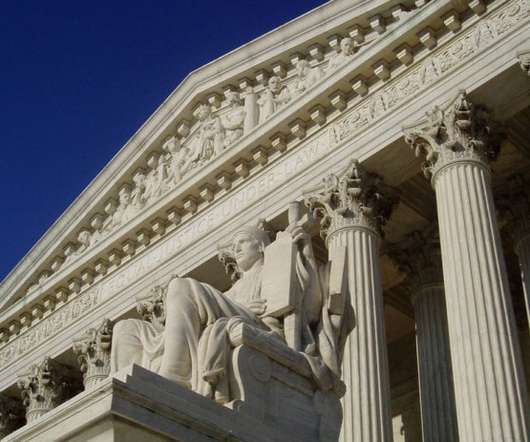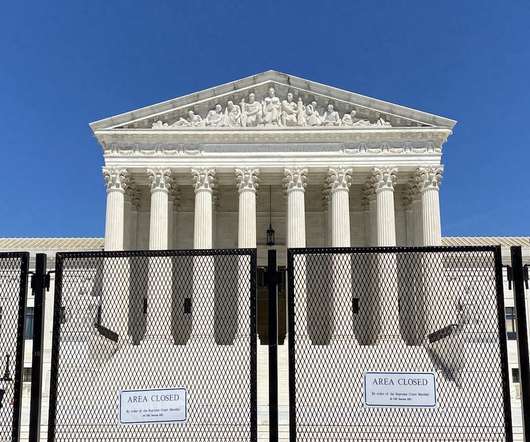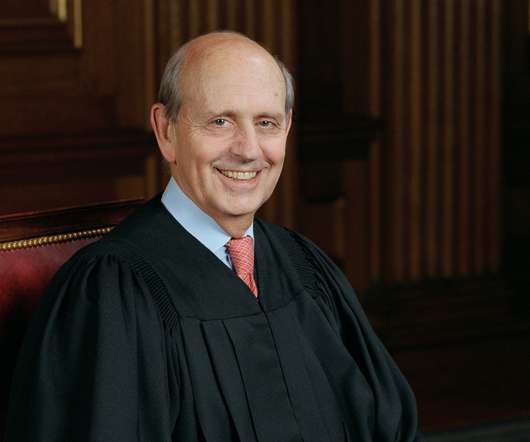US Supreme Court rules on life imprisonment for juveniles
JURIST
APRIL 24, 2021
The US Supreme Court ruled Thursday in Jones v. Mississippi that when sentencing juvenile defendants to life imprisonment with no possibility of parole, judges need not make a separate factual finding concerning the defendant’s youth. … For most, the answer is yes. . … For most, the answer is yes.


















Let's personalize your content